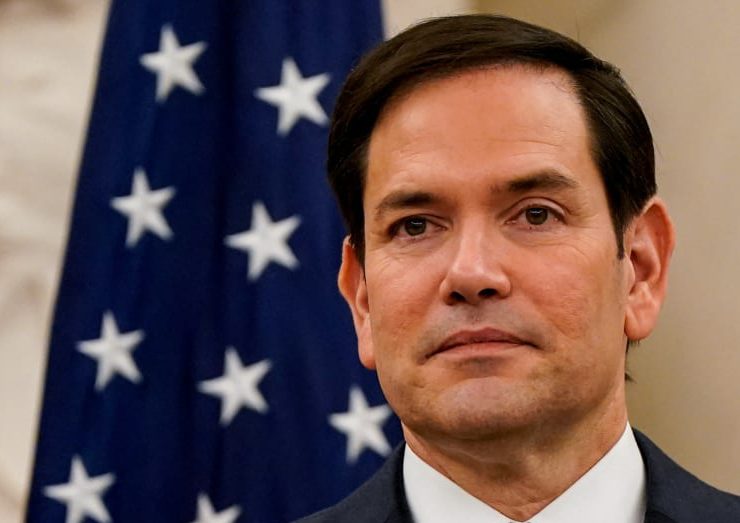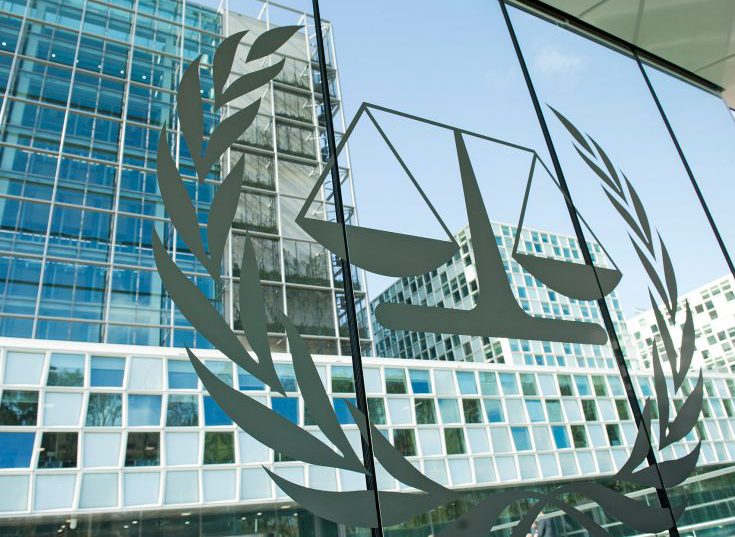US Secretary of State Marco Rubio backs Israel’s right to control Gaza for security, slams Hamas as an unchangeable threat, and warns that unilateral recognition of a Palestinian state only emboldens terrorism.
WASHINGTON, D.C. — In a wide-ranging interview on EWTN’s The World Over, US Secretary of State Marco Rubio laid out America’s unwavering support for Israel’s right to determine its own security strategy while delivering a blunt assessment of what’s standing in the way of peace: the continued existence of Hamas as an armed force.
“Ultimately, what Israel needs to do for Israel’s security will be determined by Israel,” Rubio stated when asked about Prime Minister Benjamin Netanyahu’s plan to take control of the Gaza Strip. He stressed that the US approach is rooted in three urgent realities: the humanitarian crisis, the plight of the hostages, and the enduring threat of Hamas.
1. The Humanitarian Crisis
Rubio acknowledged the suffering in Gaza is receiving the bulk of global media coverage. “No one wants to see that, and the United States stands prepared to contribute toward any real effort that will get food, medicine, and life-sustaining aid to people on the ground.”
2. The Forgotten Hostages
The Secretary of State pointed to what he called a vastly underreported aspect of the war: “There are 20 innocent people being held by Hamas in horrific conditions — and because there aren’t cameras down there every day, it’s not being covered.”
3. The Unyielding Threat of Hamas
Rubio reserved his strongest words for Hamas, calling the group an existential obstacle to peace.
“As long as Hamas exists, particularly as an armed organization, there will never be peace in Gaza,” he warned.
“Their reason for existing is to destroy Israel and drive every Jew out of the Middle East. As long as they have weapons, they will remain a threat.”
He underscored that Israel’s 2005 withdrawal from Gaza — which left behind functioning infrastructure and greenhouses — was met not with peace, but with Hamas’s election and the building of terror tunnels instead of hospitals.
Criticism of Unilateral Recognition Moves
Rubio condemned moves by France, Canada, and the UK to recognize a Palestinian state without resolving security concerns. He singled out French President Emmanuel Macron, linking his recognition announcement to the collapse of hostage negotiations.
“If I’m Hamas, I’ve concluded — why agree to a ceasefire? We can be rewarded without giving up anything and claim it as a victory.”
Rubio dismissed current Palestinian statehood proposals as unrealistic:
“They can’t define the borders or who’s going to run it. If Hamas runs it, you’re right back at war.”
The Secretary’s comments reflect a hard line: peace is impossible without dismantling Hamas’s military capacity — and the West’s unilateral gestures, he argues, only make that harder.
Gaza Conflict – Position Breakdown
| Key Issue | Marco Rubio / US Stance | France | Canada | UK |
|---|---|---|---|---|
| Control of Gaza | Supports Israel’s right to decide its own security strategy, including control over Gaza to eliminate Hamas. | Opposes Israel’s plan to take control of Gaza City, calling it “catastrophic.” | Condemns Israel’s announced takeover, says it endangers hostages and worsens humanitarian crisis. | Urges Israel to avoid actions that escalate conflict, emphasizes humanitarian concerns. |
| Role of Hamas | Sees Hamas as the primary obstacle to peace; insists peace is impossible as long as Hamas exists and is armed. | Condemns Hamas attacks but focuses on two-state solution; less emphasis on complete Hamas dismantling. | States Hamas has “no role going forward” but does not require total disarmament before political progress. | Calls for Hamas to be sidelined, but ties resolution to wider political settlement. |
| Palestinian State Recognition | Opposes unilateral recognition; says it rewards Hamas and undermines negotiations. | Announced unilateral recognition of a Palestinian state; says it’s vital for peace. | Plans to recognize Palestine in September, contingent on PA governance/security reforms. | Supports recognition “when the time is right” but has signaled openness sooner. |
| Humanitarian Aid | Supports robust aid but insists on measures to ensure it doesn’t strengthen Hamas. | Prioritizes humanitarian relief; warns Israeli actions worsen the crisis. | Emphasizes humanitarian relief as immediate priority. | Strong focus on aid delivery and easing restrictions. |
| Past Gaza Withdrawal | Points to Israel’s 2005 pullout as proof Hamas misuses opportunities, building tunnels instead of improving life. | Rarely references 2005 withdrawal in current policy debates. | Does not cite 2005 precedent; frames debate around present crisis. | Minimal reference to 2005 pullout, focuses on post-war settlement. |





